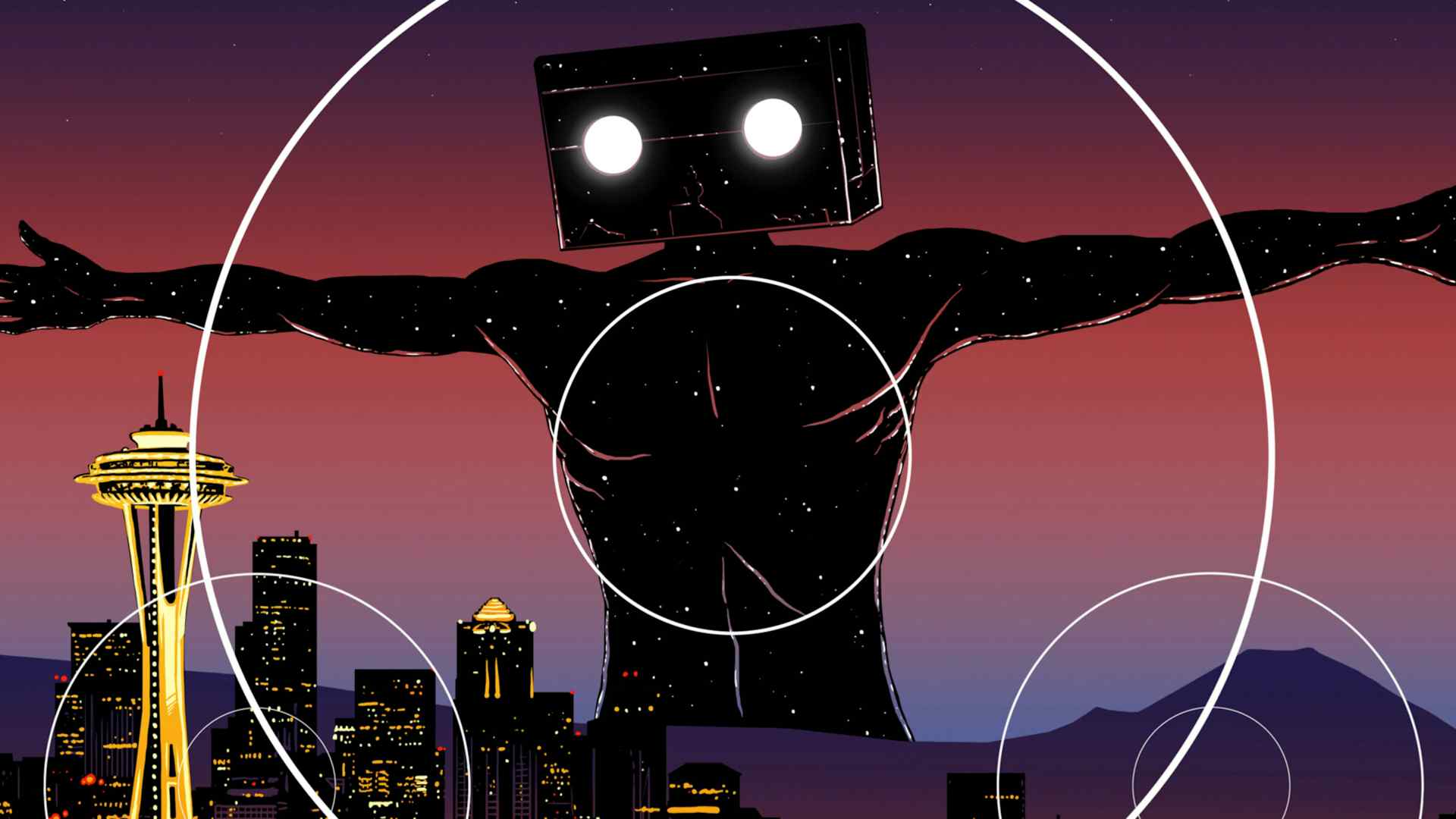Robert Horton is a Scarecrow board member and a longtime film critic. This series of "critic's notes" is chance to highlight worthy films playing locally and connect them to the riches of Scarecrow's collection.

t's the James Baldwin centenary: The American writer was born on August 2, 1924. With that anniversary, and the subject of Blackness once again in the news, I thought I'd reprint my Seattle Weekly review of the superb documentary I Am Not Your Negro, originally published in 2017. And if you get a chance, find Baldwin's The Devil Finds Work, his book on movies.
"Public intellectuals," as a species, once roamed the American airwaves. If you flipped on a talk show in 1963 or 1971, you might easily have heard Norman Mailer or Lillian Hellman or William F. Buckley orating at great length and with enormous erudition on the issues of the day, whether the subject was modern art, baseball, or the Vietnam War. There was the presumption that some people were so learned they could spout off on just about anything and come up with penetrating thoughts.
We've pretty well demonized the term "intellectual" in America since then—certainly no political candidate would ever dream of using the word as a self-description. These days intellectuals are suspected of knowing too much, of thinking deeply, and most certainly of embodying an "elitism" that comes with the acquisition of expertise. Thirty-second punditry and reality TV are far more in tune with the times. However, one of this year's Oscar-nominated documentary films is a callback to the golden age of the public intellectual. It focuses on one of the most blisteringly articulate of them all: James Baldwin.
I Am Not Your Negro, directed by Raoul Peck, is not a biographical sketch of Baldwin; you will not learn much about the author's life here (his sexuality is mentioned only in the context of his vast FBI file, for instance). Instead, Peck does something more interesting: The film essentially creates a new Baldwin essay on race, by combining unpublished writing with clips from Baldwin's career as a public speaker and talk-show guest. There are clips from movies, too, as Baldwin was a strong writer on the cinema—his 1976 book The Devil Finds Work is a scintillating stew of movies, race, and memoir. The unpublished writing heard here comes from a book Baldwin was working on when he died in 1987, which would have contrasted the civil-rights martyrs Martin Luther King, Malcolm X, and Medgar Evers. Baldwin knew all of them and speaks of them with intimate authority. His words are read—beautifully—by Samuel L. Jackson, who completely erases his TV-pitchman voice for this context.
Best of all are the vintage segments where Baldwin perches in a cloud of cigarette smoke and lets flow his elegantly-formed but passionate observations. As a speaker, he was a spellbinder, and he knew it. But unlike many orators whose first love is the sound of their own voices, Baldwin invariably homes in on an arrestingly original thought. Examples abound in the film. His response to Robert Kennedy's 1961 statement that a black person could become president "in the next 30 or 40 years" was to swat down this remark from a well-meaning liberal. "That sounded, I suppose, like a very emancipated statement to white people," Baldwin said in 1965. "From the point of view of the man in the Harlem barber shop, Bobby Kennedy only got here yesterday and he is already on his way to the Presidency. We were here for 400 years and now he tells us that maybe in 40 years, if you are good, we may let you become president."
One of the constant threads in Baldwin's arguments is the way racism wrecks white Americans as well as black Americans, as though racism grows through an unacknowledged emptiness that will express itself as bigotry as long as the original void remains unexplored. "Not everything that's faced can be changed," he writes here. "But nothing can be changed until it is faced." He may have been a staunch atheist, but Baldwin's teenage tenure as a Pentecostal preacher can be heard behind the cadences of such pronouncements.
Peck, whose films include documentaries on his native Haiti and the offbeat African-independence feature Lumumba (2000), adds another layer. Contemporary shots of the Ferguson, Missouri protests and references to Black Lives Matter are mixed in with newsreels of the 60s. This tactic can be heavy-handed when done badly, but Peck orchestrates it in such a way that the film makes clear that time has collapsed, and that James Baldwin's words remain sadly relevant to the 21st century. Nobody uses the word "Negro" anymore, but otherwise it all sounds very timely.
August 2, 2024


